


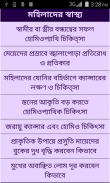
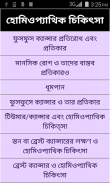
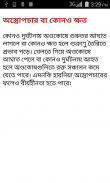
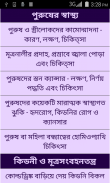

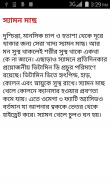
Homeopathic Treatment Bangla

Homeopathic Treatment Bangla介绍
Homeopathy is a form of alternative medicine in which practitioners treat patients using highly diluted preparations that are believed to cause healthy people to exhibit symptoms that are similar to those exhibited by the patient.
The collective weight of scientific evidence has found homeopathy to be no more effective than a placebo.
The basic principle of homeopathy, known as the "law of similar", is "let like be cured by like." It was first stated by German physician Samuel Hahnemann in 1796.
His "law of similar" is taken on his word as an unproven assertion, and is not a true law of nature based on the scientific method.
Homeopathic remedies are prepared by serial dilution with shaking by forceful striking on an elastic body, which homeopaths term succession.
顺势疗法是替代药物,其中从业者对待使用被认为会导致健康人表现出的症状类似于那些由患者表现出高度稀释的制剂的患者的一种形式。
科学证据的集体体重已经发现顺势疗法是没有比安慰剂更有效。
顺势疗法的基本原理,被称为“相似律”,是“让喜欢用像被治愈。”它最早是由德国医生塞缪尔哈尼曼在1796年说。
他的“法类似的”取他的话作为一个未经证实的说法,而不是一种自然的基础上,科学的方法真正的法律。
顺势疗法与弹性体,它顺势疗法长期连续晃动通过有力的引人注目的制备连续稀释。
























